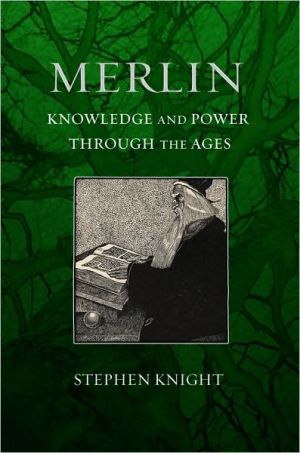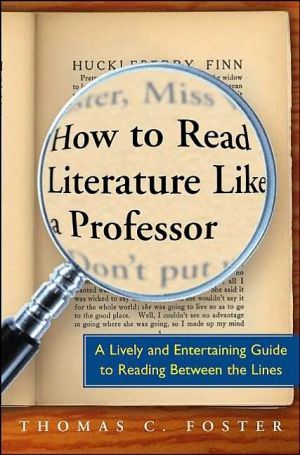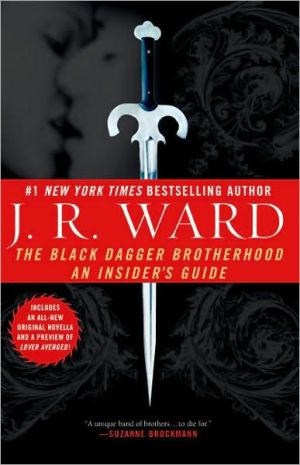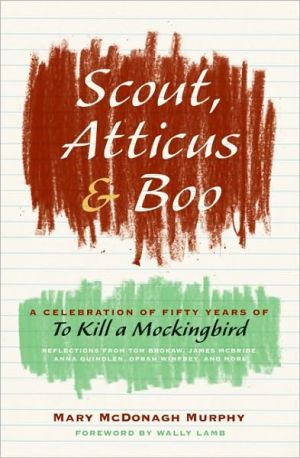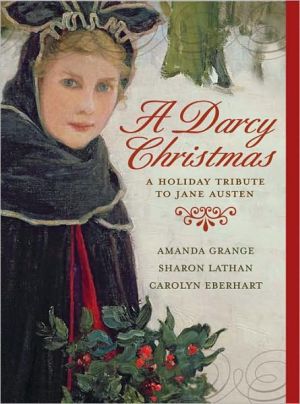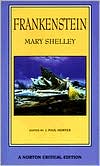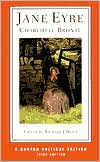Merlin: Knowledge and Power through the Ages
Merlin, the wizard of Arthurian legend, has been a source of enduring fascination for centuries. In this authoritative, entertaining, and generously illustrated book, Stephen Knight traces the myth of Merlin back to its earliest roots in the early Welsh figure of Myrddin. He then follows Merlin as he is imagined and reimagined through centuries of literature and art, beginning with Geoffrey of Monmouth, whose immensely popular History of the Kings of Britain (1138) transmitted the story of...
Search in google:
Merlin, the wizard of Arthurian legend, has been a source of enduring fascination for centuries. In this authoritative, entertaining, and generously illustrated book, Stephen Knight traces the myth of Merlin back to its earliest roots in the early Welsh figure of Myrddin. He then follows Merlin as he is imagined and reimagined through centuries of literature and art, beginning with Geoffrey of Monmouth, whose immensely popular History of the Kings of Britain (1138) transmitted the story of Merlin to Europe at large. He covers French and German as well as Anglophone elements of the myth and brings the story up to the present with discussions of a globalized Merlin who finds his way into popular literature, film, television, and New Age philosophy. Knight argues that Merlin in all his guises represents a conflict basic to Western societies-the clash between knowledge and power. While the Merlin story varies over time, the underlying structural tension remains the same whether it takes the form of bard versus lord, magician versus monarch, scientist versus capitalist, or academic versus politician. As Knight sees it, Merlin embodies the contentious duality inherent to organized societies. In tracing the applied meanings of knowledge in a range of social contexts, Knight reveals the four main stages of the Merlin myth: Wisdom (early Celtic British), Advice (medieval European), Cleverness (early modern English), and Education (worldwide since the nineteenth century). If a wizard can be captured within the pages of a book, Knight has accomplished the feat.
Introduction\ Chapter 1: British Myrddin-Merlin: Wisdom\ Myrddin-Merlin The Earliest Materials Natural Wisdom: Myrddin of Cumbria Prophetic Wisdom: Myrddin of Wales Wisdom at Court: Geoffrey of Monmouth's Historia Regum Britanniae\ Twelfth-Century Natural Wisdom: Geoffrey of Monmouth's Vita Merlini\ Chapter 2: Medieval Merlin: Advice\ From Prophecy to Advice: Wace Christian Advice: Robert de Boron Grand Vizier: The Vulgate Merlin\ Darkening Advice: The Post-Vulgate Merlin\ Advising a Nation: from Layamon to Malory\ Chapter 3: English Merlin: Cleverness\ Prophecy and Advice in Decline Renaissance Cleverness Cleverness High and Low: The Seventeenth Century Cleverness High and Low: The Eighteenth Century The Dangers of Cleverness: The Romantics The Dangers of Cleverness: The Victorians\ Chapter 4: International Merlin: Education\ Continental Merlin: From Cleverness Back to Wisdom Toward Education: America Toward Education: Britain Education and the Novel: White, Lewis, and Cooper Education and the Novel: Historicism, Juveniles, and Fantasy Merlin on Screen International Merlin\ Notes Primary Bibliography Secondary Bibliography Index
\ From the Publisher"Knight frames Merlin's career in terms of the different functions he performs in successive periods. . . . Knight ends his history with a brief but heartfelt warning that the dialectical relationship between knowledge and truth and the public institutions of power remains crucial to both the academy and to the health of the body politic."-Times Literary Supplement\ "Merlin is probably the most familiar character in the Arthurian legends, as his frequent appearances in popular culture attest. Stephen Knight's wide-ranging, thorough, insightful, and comprehensive study of the figure of Merlin should become the standard resource on the well-known wizard. Knight shows real familiarity with the major traditions relating to the figure of Merlin and to Arthurian literature in general-which is no mean feat when covering such a large body of material."-Alan Lupack, University of Rochester, author of The Oxford Guide to Arthurian Literature and Legend\ "Stephen Knight's interpretations of the Arthurian sources and characters are provocative and stimulating. Knight displays much erudition herein and evaluates the literary material in new and interesting ways."-Christopher A. Snyder, Marymount University, author of The Britons and The World of King Arthur\ "The Celticist, medieval scholar, and cultural critic Stephen Knight is the ideal person to have written this book. His account of the earliest surviving traditions of Merlin is illuminated by his deep understanding of their Welsh context, his medieval Merlin embodies both prophecy and wisdom, his discussion of the Victorian Merlin resonates with his fine ear for poetry, and his report from the New Age front plays out between informative appraisal and a sympathy for fantasy and transformation."-Helen Cooper, University of Cambridge\ "Merlin is a brilliant and wide-ranging cultural history that fulfills much the same role for the multifaceted Welsh wizard that Stephen Knight's earlier study does for Robin Hood. This is an indispensable volume for anyone interested in the origins and later development of the Arthurian tradition."-Richard F. Green, The Ohio State University\ \ \
